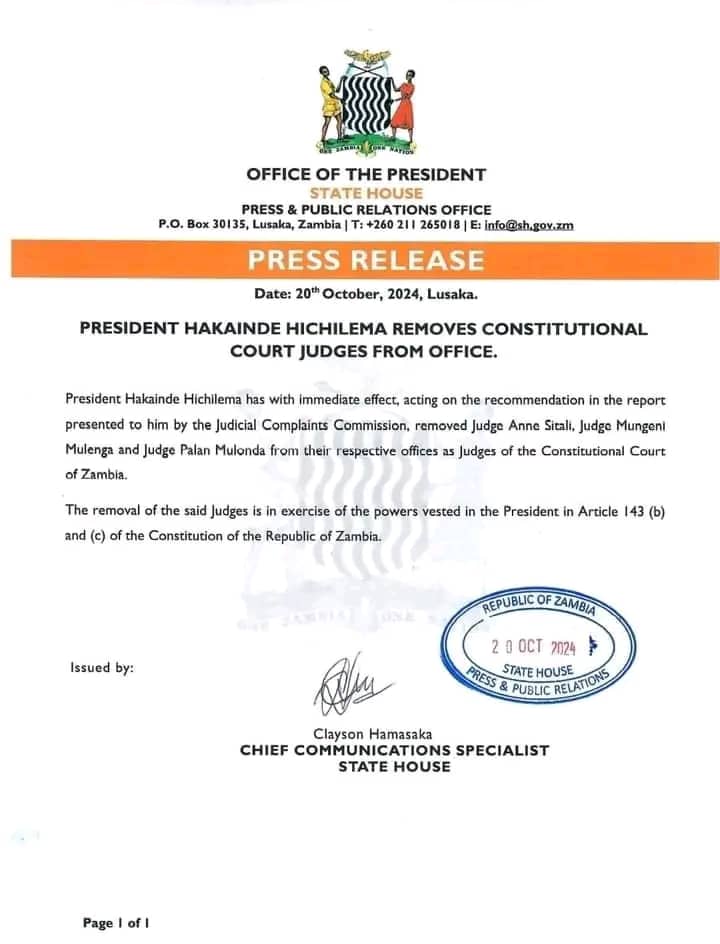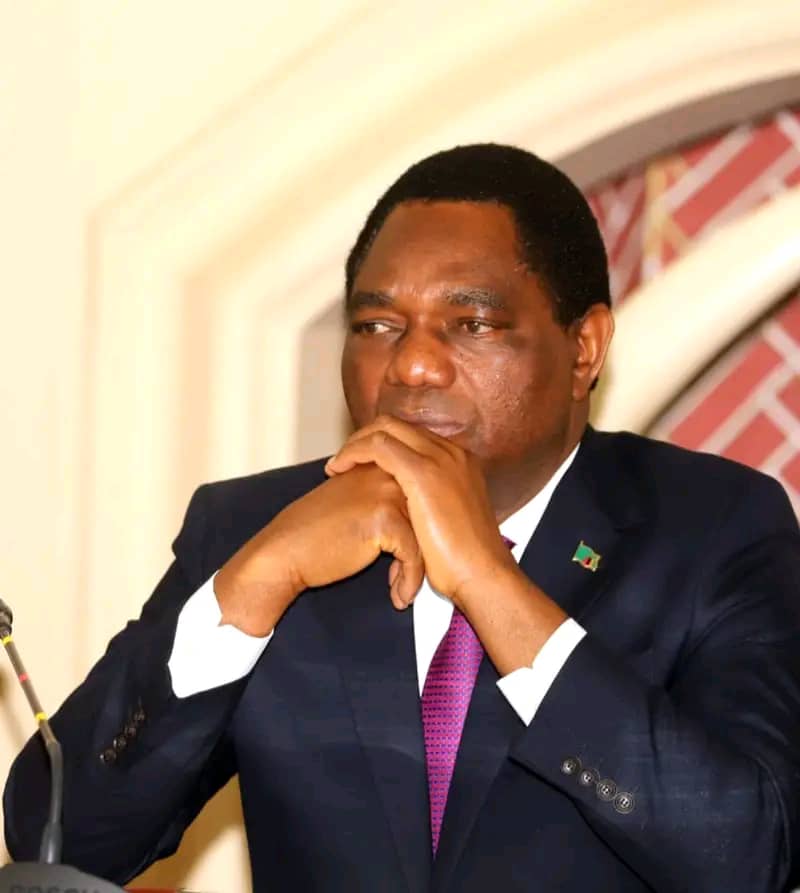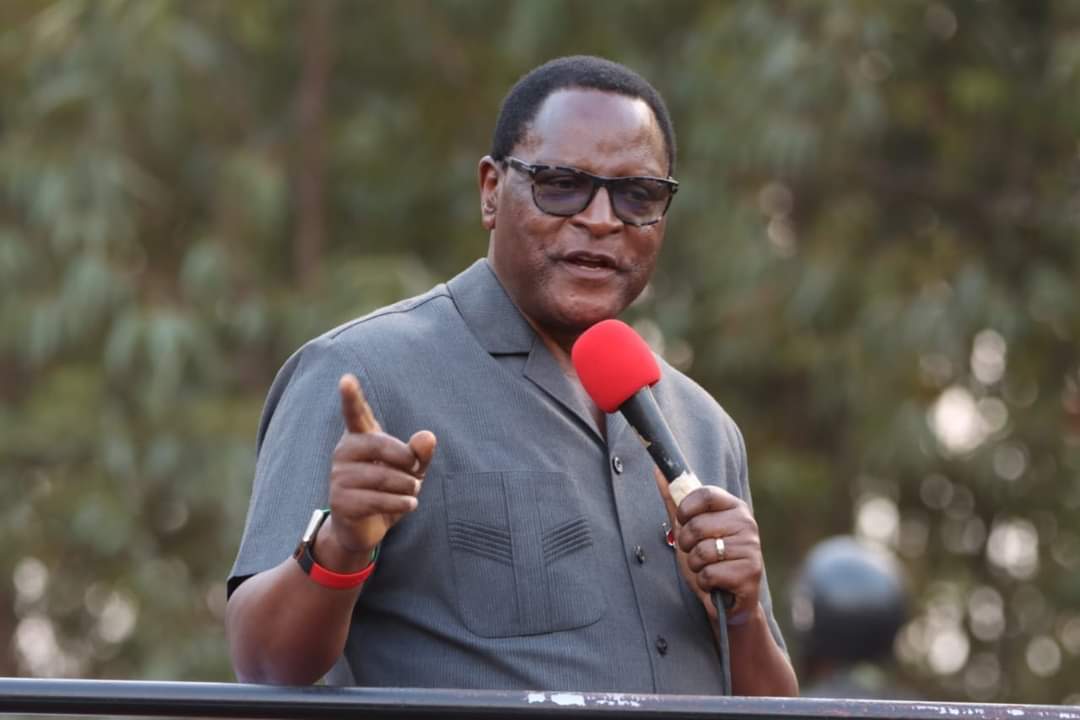By Burnett Munthali
In a significant move reflecting his commitment to judicial integrity, Zambian President Hakainde Hichilema has removed Judges Mungeni Mulenga and Palan Mulonda from their respective positions as judges of the Constitutional Court of Zambia. This decision comes into effect immediately and follows recommendations made by the Judicial Complaints Commission (JCC).
The removal of the two judges has been executed in accordance with the powers granted to the president under Article 143 (b) and (c) of the Constitution of the Republic of Zambia, which allows for the dismissal of judges based on the findings of a judicial inquiry. This article underscores the importance of maintaining judicial standards and accountability within the Zambian legal system.
The official communication regarding this decision was conveyed in a letter signed by Clayson Hamasaka, Chief Communications Specialist at State House. The prompt action taken by President Hichilema signifies a broader commitment to uphold the rule of law and restore public confidence in the judiciary.
The decision to remove Judges Mulenga and Mulonda follows a period of scrutiny and public concern regarding their conduct and decisions in court. While specific details of the complaints against the judges have not been disclosed, the involvement of the JCC highlights the importance of transparency and due process in judicial affairs.
President Hichilema’s administration has been vocal about its intention to reform the judicial system in Zambia, aiming to address issues of corruption, inefficiency, and public mistrust. The removal of these judges marks a crucial step in this ongoing reform process, signaling that the government is willing to take decisive action against individuals who compromise the integrity of the judiciary.
Reactions to the removal have been mixed, with some members of the public expressing support for the president’s bold move, while others caution against potential political interference in the judiciary. Advocates for judicial independence argue that while accountability is essential, the removal of judges should not become a tool for political retribution.
As Zambia continues to navigate its path toward judicial reform, the removal of Judges Mulenga and Mulonda serves as a reminder of the delicate balance between accountability and independence in the judiciary. The coming weeks will likely see further developments as the country watches closely how the government handles this pivotal issue in the context of its broader reform agenda.
In conclusion, President Hakainde Hichilema’s decisive action reflects a commitment to ensuring that the judiciary remains a pillar of justice and fairness in Zambia. The implications of this decision extend beyond the individual judges, potentially influencing the public’s perception of the judiciary and the government’s role in safeguarding its integrity. As the nation moves forward, the focus will undoubtedly remain on how these changes will impact the legal landscape in Zambia.





